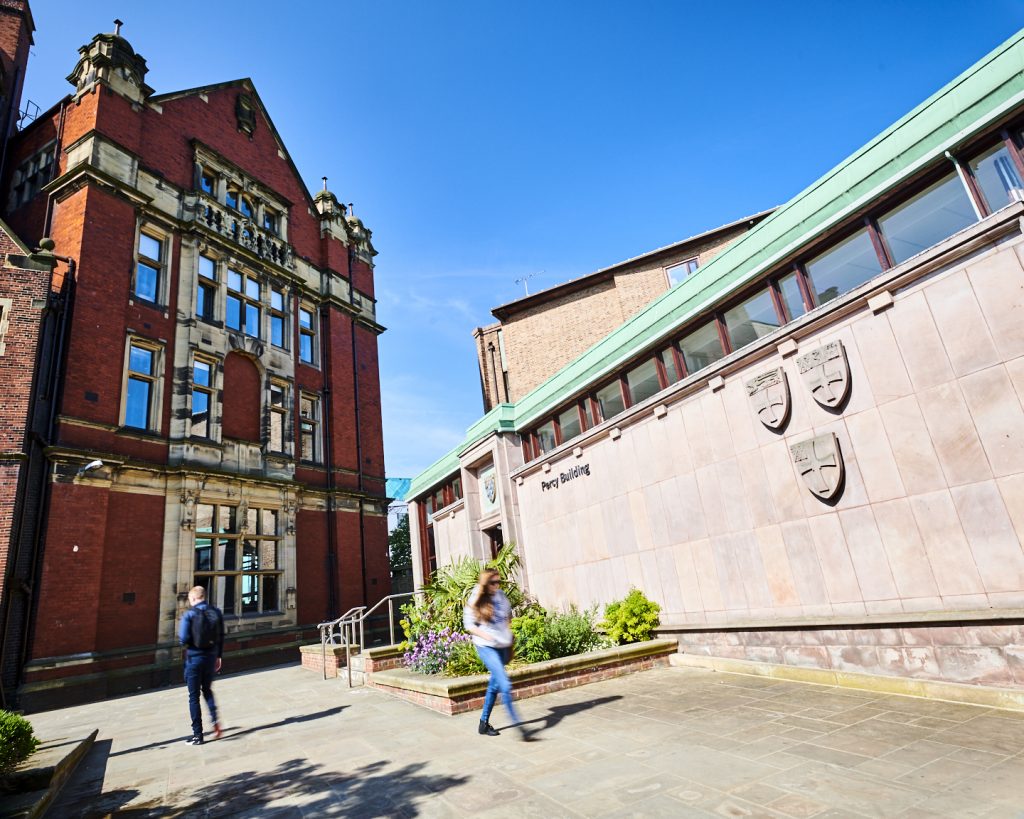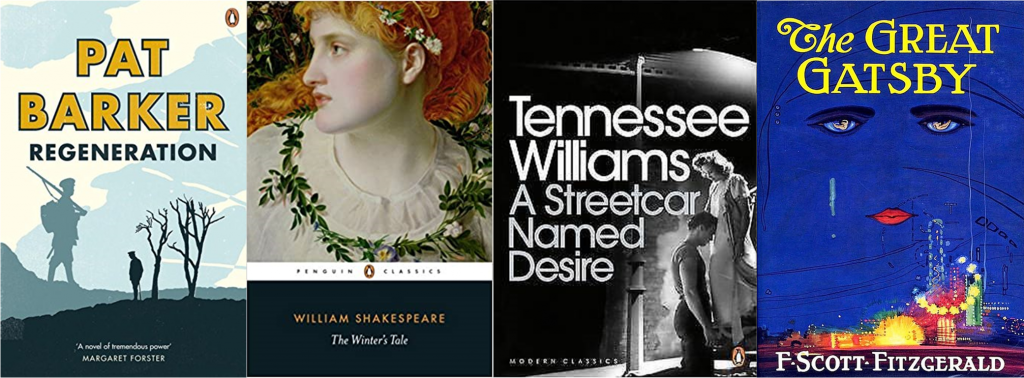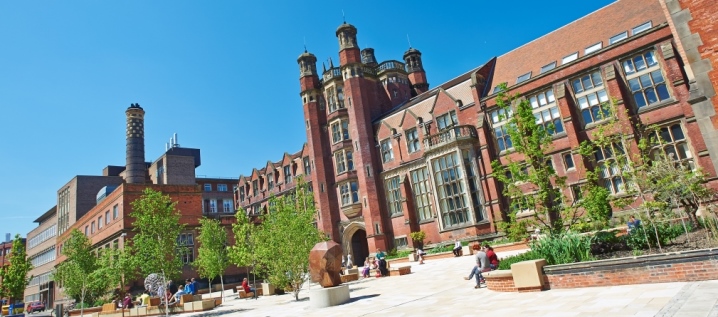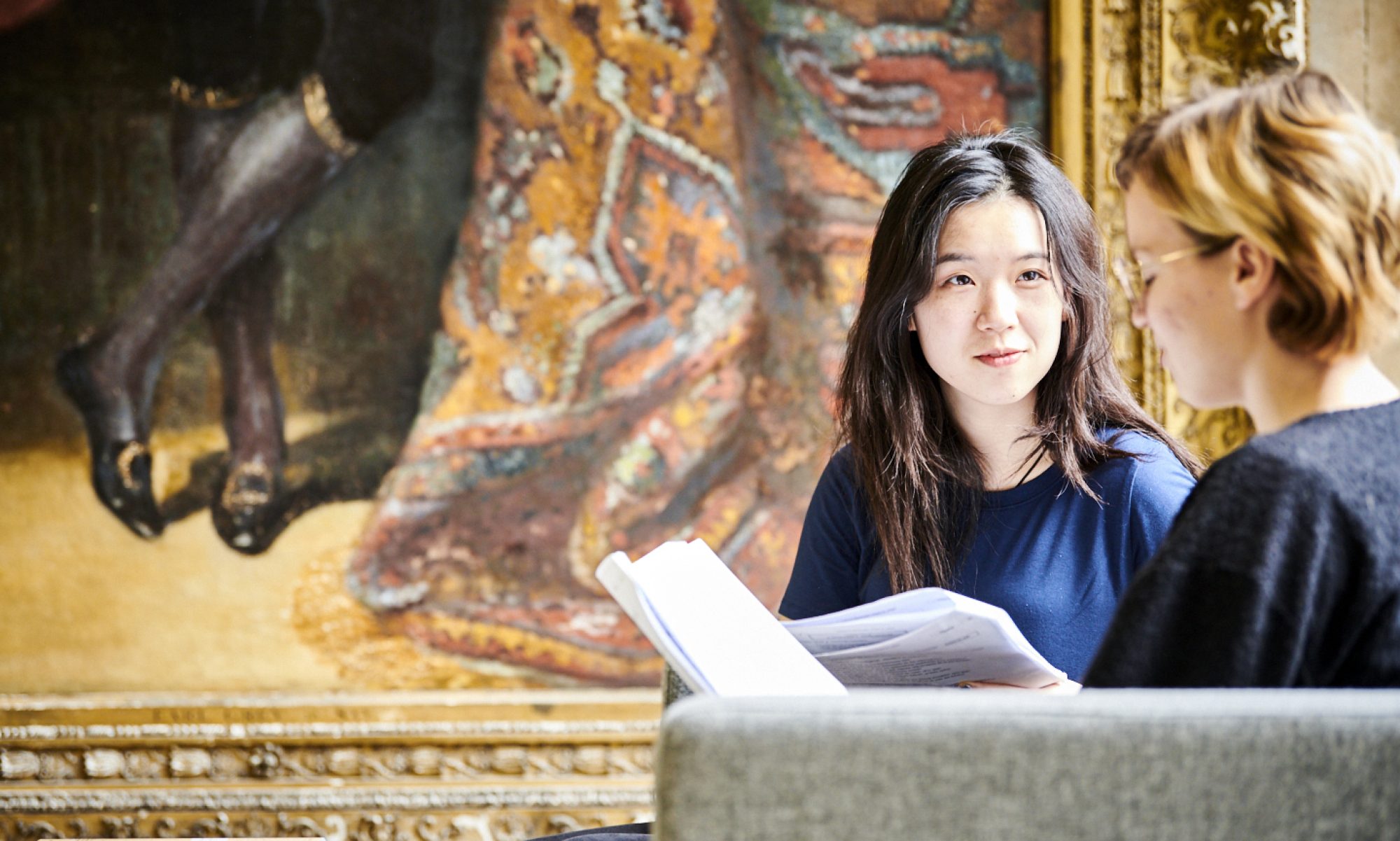Hello Everyone,
Congratulations on your offer of a place to study English Literature and History (QV31) at Newcastle University! I am a Reader in Modernist Print Culture and Programme Lead on the QV31 degree. My colleagues and I hope to welcome you to our department this autumn.

We will send out reading lists for all our modules in the Autumn once we have updated our teaching to take the latest research into account. For now, we have prepared more general material to help you get ready for university study. This email contains some of that material, and will be followed by others, each one written by a lecturer at Newcastle. If you have any questions about the material in these emails, or want to receive even more, please do get in touch with us through social media or email.
Here are a few things to get you thinking about the study of Literature and History at University level.
FOR LITERATURE
Make a list of every book you remember having studied in your English (or ‘English Literature’) classes, and then think about what this list might show you.

• What do these books have in common?
• Are they mainly novels, plays or poems?
• When were they written?
• What kind of things are they about?
• Where do their authors come from?
• What class, gender, age (etc.) are those authors?
Once you have answered these questions, you might want to think with your history student hat on to reflect on how important knowing something about historical context has been to your appreciation of these texts or might improve your understanding of them. With that in mind, the next step is two-fold. First, identify a work of literature that has nothing in common with anything on your list. Perhaps that might be a book of poems by a working-class woman who lived in the eighteenth century and wrote about domestic servitude; perhaps that might be a play written and performed in the last two years. Why not read (or watch) that thing? As you engage with it, think about how you might write about it: can you analyse it like you analysed the texts you studied this year? What else do you feel you need to know?

FOR HISTORY
My colleague in the School of History, Rachel Hammersley, a Senior Lecturer in Intellectual History, has suggested the following readings for how history has a relevance for thinking about the present. This issue has been raised a lot in the past few years as we commemorate 100 years since WW1, as we witness the social and political divisions engendered by Brexit, and as we grapple on a global scale with COVID-19, to mention only a few of the pressing issues that lead us to look to history for context and guidance. Here are some articles to get you thinking about these issues:
What Can History Tell us about epidemics?
On Historians, Politicians and Their Duty to History
And here, a slightly older article from the Guardian on the same topic.
BRINGING LITERATURE AND HISTORY TOGETHER
While in your first year, you will be studying the subjects separately, your work at Stage 2 and 3 will ask you to think across subjects in an interdisciplinary way. It is never too early to start thinking in this way and I encourage you, in your first year, to keep the following kinds of questions in the back of your mind as you are studying: How is historical context relevant to the study of this work/this literary period and how is this context important for understanding how literary texts convey meaning? How might a literary text or an analytical or theoretical approach I have learned in literature be applied to a historical text or topic to provide new insights?
My colleagues and I would love to hear what you discover this way. These tasks are intended to make you think in general terms about what constitutes ‘English Literature’ (and what does not seem to) and why History is relevant to thinking through our current moment. You can get in touch with us through email or social media.
Alternatively, you can find even more tips and resources on our Twitter page, or by searching the hashtag #NCLReady.
Best wishes,
Kirsten MacLeod

